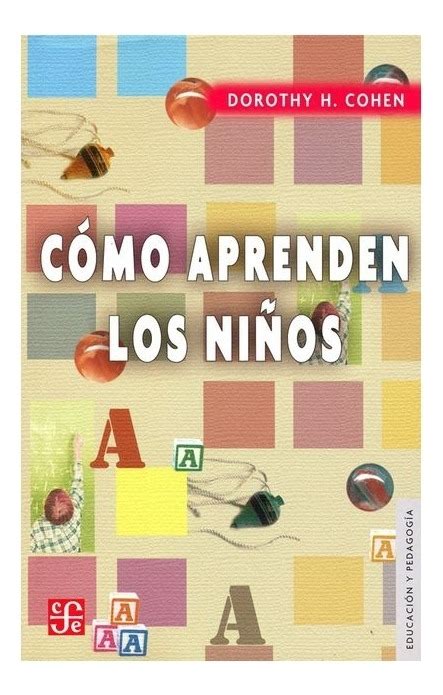A Quote by Stephen Covey
When parents see their children's problems as opportunities to build the relationship instead of as negative, burdensome irritations, it totally changes the nature of parent-child interaction. Parents become more willing, even excited, about deeply understanding and helping their children. . . . This paradigm is powerful in business as well.
Related Quotes
Parents who are cowed by temper tantrums and screaming defiance are only inviting more of the same. Young children become more cooperative with parents who confidently assert the reasons for their demands and enforce reasonable rules. Even if there are a few rough spots, relationships between parents and young children run more smoothly when the parent, rather than the child, is in control.
The traditional paradigm of parenting has been very hierarchical, the parent knows best and very top down. Conscious parenting topples [this paradigm] on its head and creates this mutuality, this circularity where both parent and child serve each other and where in fact, perhaps, the child could be even more of a guru for the parent .... teaching the parent how the parent needs to grow, teaching the parent how to enter the present moment like only children know how to do.
Nevertheless, no school can work well for children if parents and teachers do not act in partnership on behalf of the children's best interests. Parents have every right to understand what is happening to their children at school, and teachers have the responsibility to share that information without prejudicial judgment.... Such communication, which can only be in a child's interest, is not possible without mutual trust between parent and teacher.
We need to take a less narrow look at our children’s problems and, instead, see them as windows of opportunity—a way of exploring and understanding all facets of our children’s development. If we can understand the underlying developmental process, we can see a child’s struggles as signs of striving toward growth instead of chronic problems or attempts to aggravate adults.
Women without children are also the best of mothers,often, with the patience,interest, and saving grace that the constant relationship with children cannot always sustain. I come to crave our talk and our daughters gain precious aunts. Women who are not mothering their own children have the clarity and focus to see deeply into the character of children webbed by family. A child is fortuante who feels witnessed as a peron,outside relationships with parents by another adult.
When a child speaks of a past life memory, the effects ripple far. At the center is the child, who is directly healed and changed. The parents standing close by are rocked by the truth of the experience - a truth powerful enough to dislodge deeply entrenched beliefs. For observers removed from the actual event - even those just reading about it - reports of a child's past life memory can jostle the soul toward new understanding. Children's past life memories have the power to change lives.
My daughter is seven, and some of the other second-grade parents complain that their children don't read for pleasure. When I visit their homes, the children's rooms are crammed with expensive books, but the parent's rooms are empty. Those children do not see their parents reading, as I did every day of my childhood. By contrast, when I walk into an apartment with books on the shelves, books on the bedside tables, books on the floor, and books on the toilet tank, then I know what I would see if I opened the door that says 'PRIVATE--GROWNUPS KEEP OUT': a child sprawled on the bed, reading.
One of the most significant effects of age-segregation in our society has been the isolation of children from the world of work. Whereas in the past children not only saw what their parents did for a living but even shared substantially in the task, many children nowadays have only a vague notion of the nature of the parent's job, and have had little or no opportunity to observe the parent, or for that matter any other adult, when he is fully engaged in his work.
One can tell a child everything, anything. I have often been struck by the fact that parents know their children so little. They should not conceal so much from them. How well even little children understand that their parents conceal things from them, because they consider them too young to understand! Children are capable of giving advice in the most important matters.
In considering the ledger equal, understand the greatest gift you have given your parents is the opportunity to raise you. The things a child gets from parents can't compare to the things a parent gets from raising a child. Only by experiencing this can you understand the degree to which children give meaning to parents' lives.





































